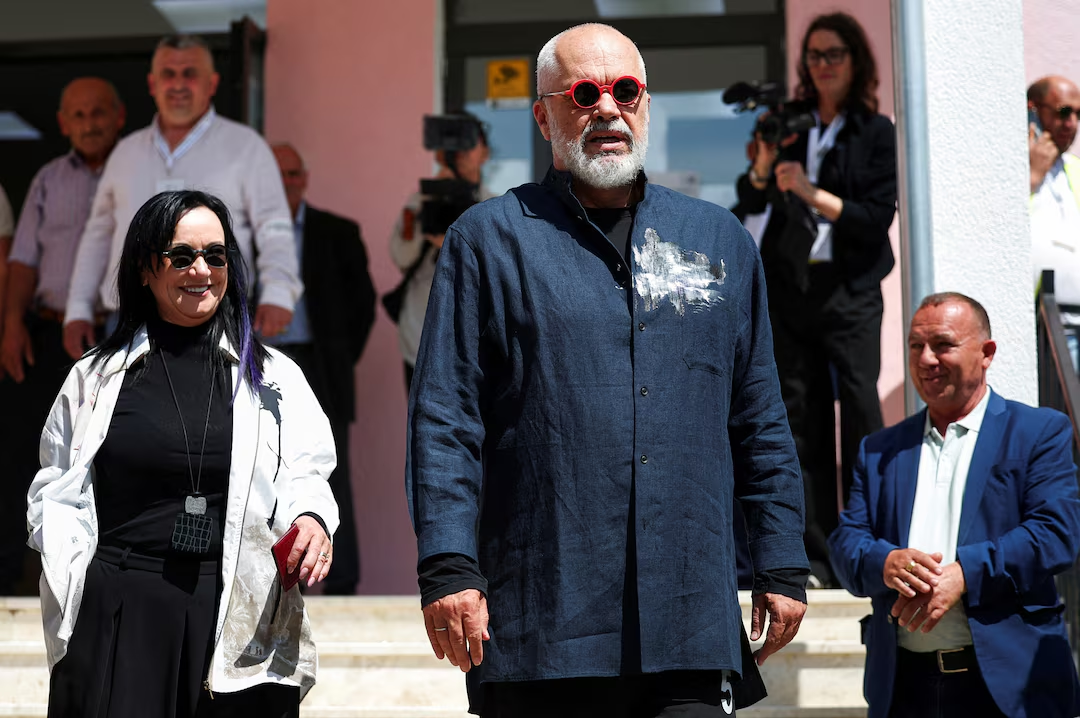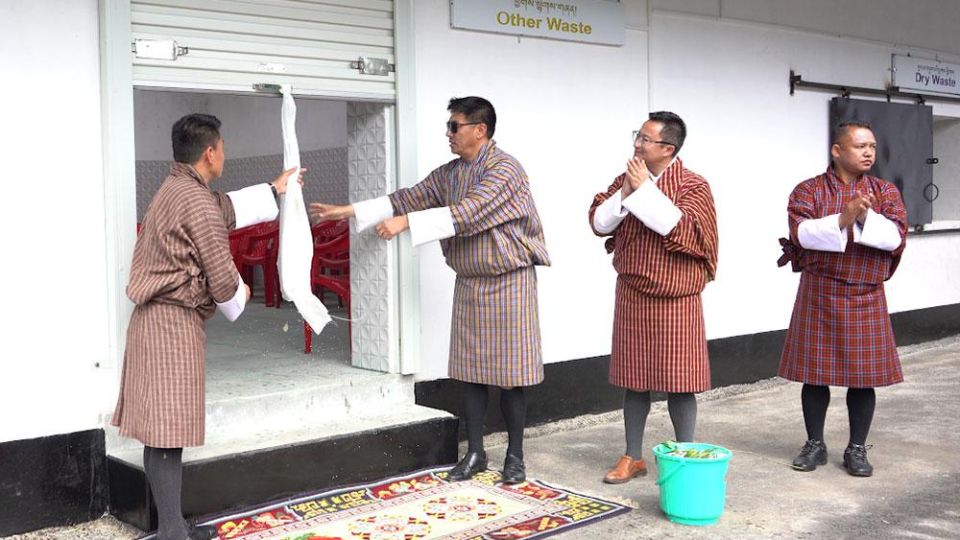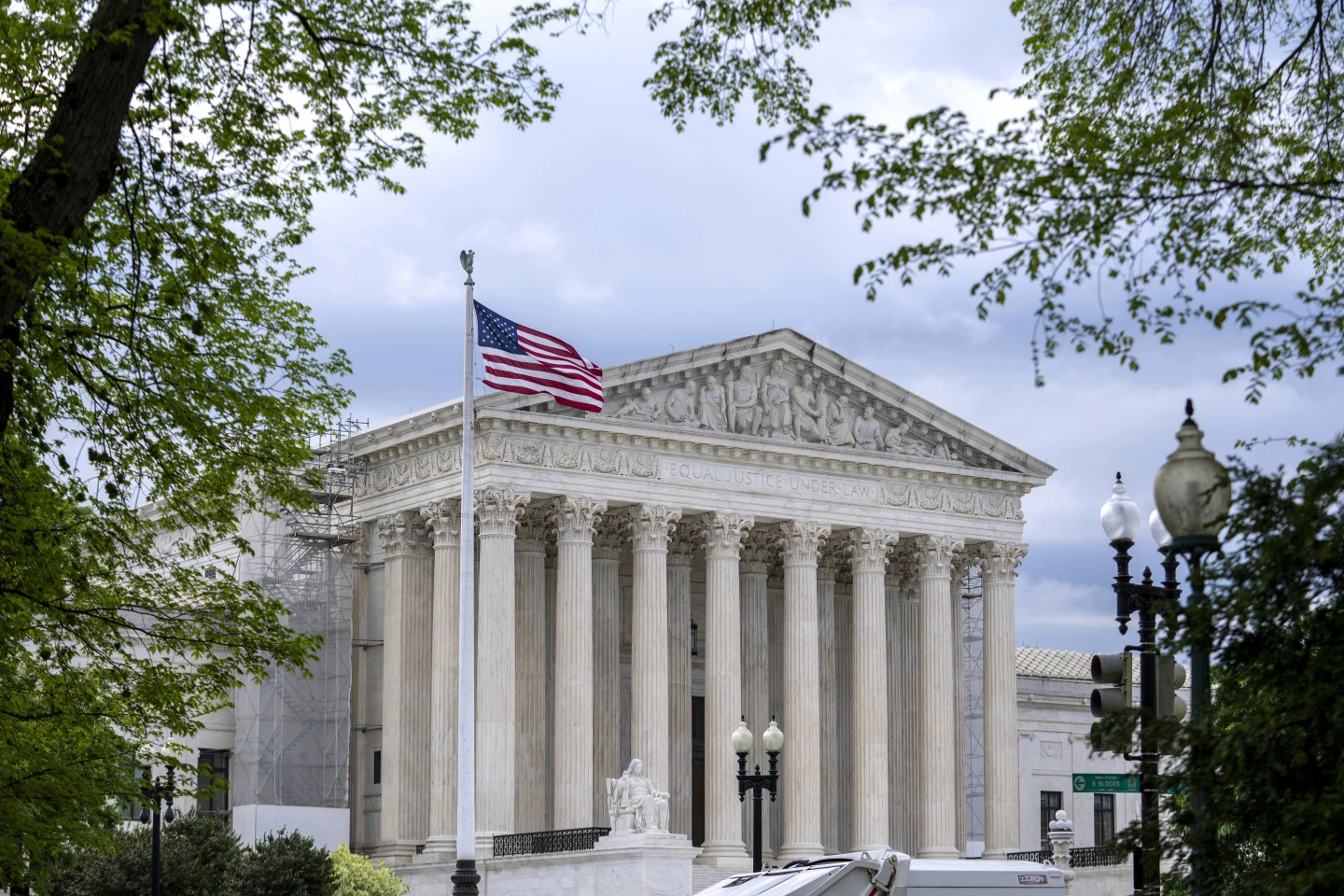On May 11, 2025, Albania conducted its parliamentary elections, with Prime Minister Edi Rama aiming for an unprecedented fourth term. Leading the Socialist Party (PS) since 2013, Rama’s campaign emphasized continued economic growth and a commitment to securing European Union membership by the end of the decade. However, his tenure has been overshadowed by corruption allegations, including the arrest of Tirana’s mayor, Erion Veliaj, a close ally, on charges of corruption and money laundering. Veliaj denies any wrongdoing.
Opposition leader Sali Berisha, heading the Democratic Party (PD), also supports EU integration but has focused his campaign on combating corruption and pledging wage increases. Berisha himself faces corruption charges, which he claims are politically motivated.
An exit poll indicated that Rama’s party secured 51.8% of the vote, while Berisha’s party received 38%. Berisha criticized the poll as biased. Notably, this election marked the first time Albania’s diaspora, approximately 200,000 individuals, were eligible to vote. Official results are expected by Tuesday.
Despite economic growth averaging over 4% annually between 2022 and 2024, driven by EU trade and tourism, widespread corruption and social inequality have led to public discontent, especially among young voters. Many express frustration with long-standing political figures like Rama and Berisha, who have dominated Albanian politics since the fall of communism in 1990.
The election’s outcome will be pivotal in determining Albania’s path toward EU integration and addressing persistent issues of corruption and governance.
Source: Reuters



